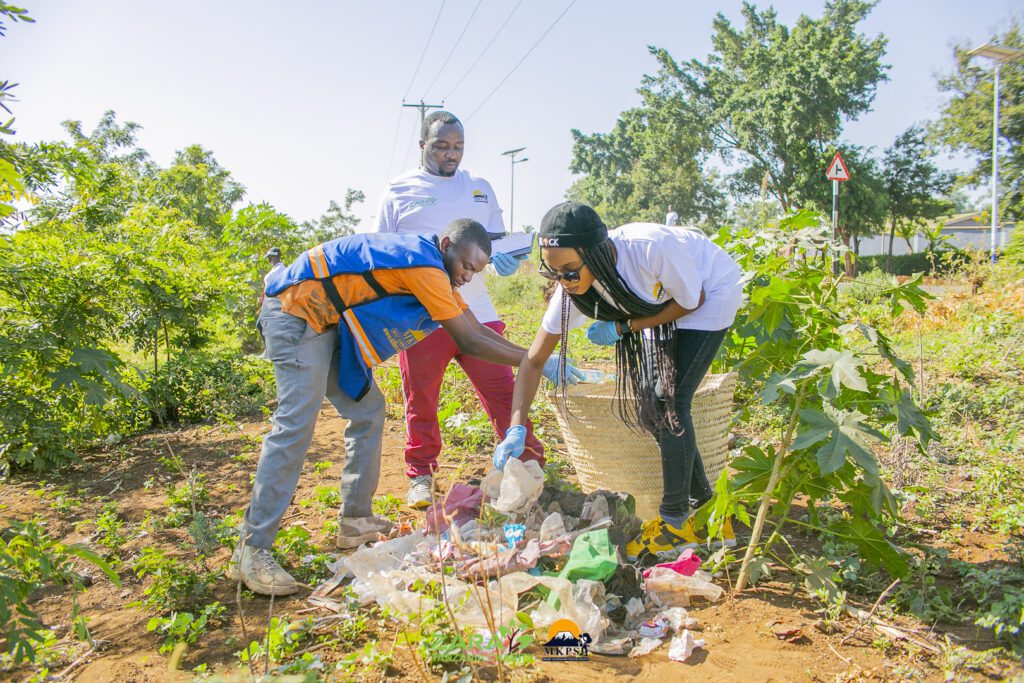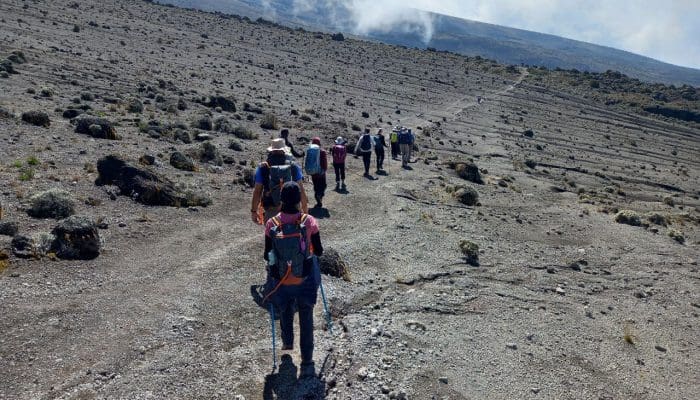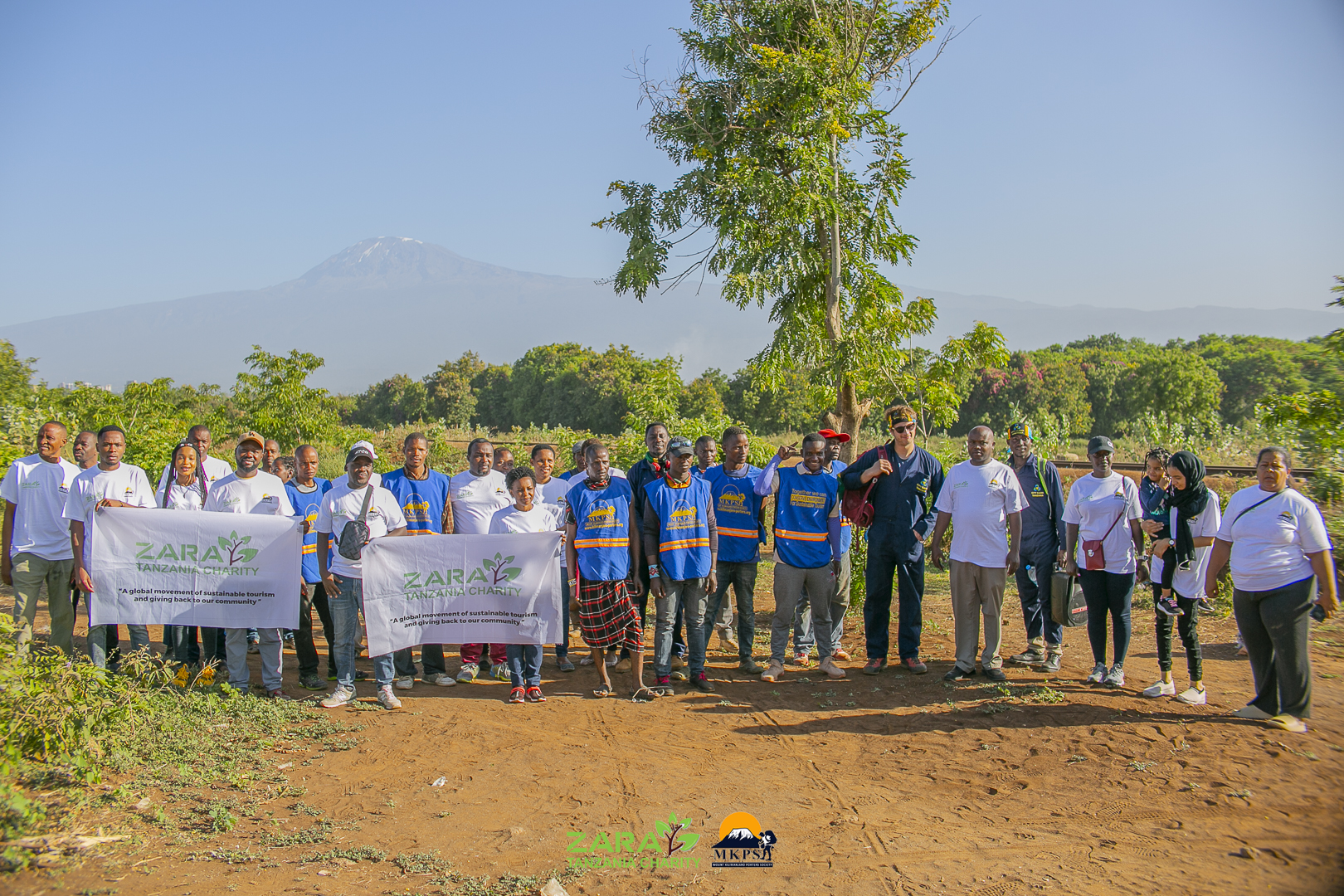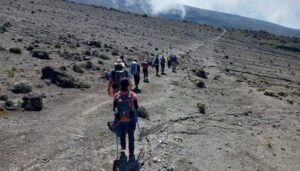The Importance of Sustainable Tourism in Tanzania: Empowering Communities and Protecting Nature



Tanzania is a land of breathtaking beauty, from the endless plains of the Serengeti to the majestic peaks of Mount Kilimanjaro. Its vibrant cultures and iconic wildlife draw millions of travelers each year, but with this influx comes a responsibility to preserve its treasures. Sustainable tourism offers a path forward, ensuring that tourism benefits local communities, fosters cultural pride, and safeguards the environment. By embracing responsible and eco-friendly practices, Tanzania can thrive as a global destination while creating a lasting impact for its people and ecosystems. Organizations like Zara Charity play a pivotal role in this movement, promoting authentic experiences that drive conservation and empowerment. In this article, we explore how sustainable tourism transforms Tanzania and highlight Zara Charity’s contributions to this vital cause.
What Is Sustainable Tourism?

Sustainable tourism is about meeting the needs of travelers while ensuring minimal harm to the environment and maximum benefits for local people. It’s a model rooted in solidarity, where visitors, communities, and ecosystems all thrive. In Tanzania, this means crafting authentic experiences—like cultural tours or wildlife safaris—that respect traditions and protect natural habitats. Unlike mass tourism, which can strain resources and erode cultures, sustainable tourism prioritizes long-term gains over short-term profits. It’s about creating a cycle of empowerment, where tourism revenue supports schools, healthcare, and conservation efforts, ensuring that Tanzania’s beauty endures for generations.
Benefits for Local Communities
One of the most profound impacts of sustainable tourism is its ability to uplift local communities. In Tanzania, where many rely on agriculture or informal work, tourism offers a lifeline. Responsible practices ensure that jobs—like guides, artisans, or lodge staff—go to locals, providing stable income and reducing dependence on unsustainable activities like logging. For example, community-based tourism initiatives, such as homestays in Maasai villages or craft markets, channel profits directly to residents. This fosters economic empowerment, enabling families to afford education and healthcare while preserving their cultural heritage.
Beyond economics, sustainable tourism builds pride and solidarity. When travelers engage in authentic experiences—like learning traditional dances or sharing meals with locals—communities feel valued rather than exploited. This exchange strengthens cultural identity, encouraging younger generations to carry forward traditions. Organizations like Trip to Help amplify this by partnering with Tanzanian NGOs to reinvest tourism revenue into community projects, such as schools or women’s cooperatives. By prioritizing local involvement, sustainable tourism ensures that Tanzanians are active stakeholders, not passive bystanders, in their country’s growth.
Environmental Protection Through Eco-Friendly Practices
Tanzania’s natural wonders—home to elephants, lions, and rhinos—are its lifeblood, but tourism can strain these delicate ecosystems. Eco-friendly practices are critical to minimizing harm. Sustainable tourism promotes low-impact activities, like walking safaris or birdwatching, which reduce vehicle emissions and habitat disruption. Lodges using solar power, composting waste, or banning single-use plastics further lighten the environmental footprint. These efforts ensure that iconic destinations like Ngorongoro Crater or Zanzibar’s coral reefs remain pristine.
Revenue from sustainable tourism also fuels conservation. Park fees and eco-tourism ventures fund anti-poaching patrols, wildlife monitoring, and reforestation projects. For instance, in the Serengeti, responsible operators work with rangers to protect endangered species while educating visitors about biodiversity. By managing tourist numbers and enforcing strict guidelines, sustainable tourism prevents overcrowding, which can stress wildlife and degrade landscapes. The impact is clear: a healthier environment that supports both animals and the local communities who depend on it.
Cultural Preservation and Authentic Experiences
Tanzania’s cultural diversity—over 120 ethnic groups, each with unique traditions—is as vital as its wildlife. Sustainable tourism celebrates this richness through authentic experiences that honor heritage. Whether it’s joining a Swahili cooking class in Zanzibar or visiting a Maasai boma, travelers gain a deeper understanding of Tanzania’s soul. These interactions foster solidarity, breaking down stereotypes and building mutual respect. Unlike commercialized shows, community-led tours ensure that locals control how their culture is shared, preserving its integrity.
This focus on cultural preservation has long-term benefits. When tourism values traditions, communities are motivated to maintain them, passing down songs, crafts, and stories to future generations. Sustainable operators, like those partnered with Trip to Help, prioritize these exchanges, ensuring that profits support cultural initiatives—like language classes or heritage centers. By weaving empowerment into tourism, Tanzania’s diverse identities remain vibrant, enriching both visitors and residents.
Zara Charity’s Role in Sustainable Tourism
Zara Charity, based in Arusha, is a shining example of how local organizations drive sustainable tourism in Tanzania. Founded to empower communities and protect the environment, Zara Charity crafts eco-friendly safaris and cultural tours that leave a positive impact. Operating around Mount Kilimanjaro and Zanzibar, they prioritize responsible practices, such as hiring local guides and using sustainable accommodations. Their tours immerse travelers in Tanzania’s beauty—think trekking through lush forests or exploring coastal villages—while ensuring that communities benefit directly.
Zara Charity’s commitment to empowerment is evident in its community projects. They reinvest tourism revenue into initiatives like clean water systems and women’s training programs, fostering economic independence. Their authentic approach ensures that visitors engage meaningfully with locals, whether through storytelling sessions or craft workshops. By keeping operations small and community-focused, Zara Charity avoids the pitfalls of mass tourism, creating experiences that feel personal and impactful.
Conservation Efforts Led by Zara Charity
Zara Charity’s environmental work is equally inspiring. Recognizing the threats of deforestation and litter in tourist-heavy areas like Kilimanjaro, they organize tree-planting campaigns and clean-up drives. These efforts restore habitats and raise awareness about conservation, engaging both locals and travelers in eco-friendly practices. By linking tourism to environmental stewardship, Zara Charity ensures that the landscapes that draw visitors remain intact.
Their conservation impact extends to wildlife protection. Through partnerships with local groups, Zara Charity supports anti-poaching initiatives and educates communities about the value of biodiversity. For example, their safaris emphasize ethical wildlife viewing, minimizing disturbance to animals. This aligns with Tanzania’s broader conservation goals, where responsible tourism funds efforts to protect endangered species like rhinos and cheetahs. Zara Charity’s work shows how small-scale, community-driven tourism can contribute to big-picture environmental wins.
Challenges and Opportunities
Despite its promise, sustainable tourism faces challenges in Tanzania. Limited infrastructure in rural areas can hinder eco-friendly development, while some operators still prioritize profit over ethics. Educating travelers about responsible choices—like choosing local-run lodges over multinational chains—remains critical. Yet, these challenges are also opportunities. By investing in green technology and training programs, Tanzania can scale sustainable tourism, creating more jobs and conservation funds.
Organizations like Zara Charity and Trip to Help are paving the way. Their focus on solidarity and empowerment proves that tourism can be a force for good. As more travelers seek authentic, impactful experiences, Tanzania is well-positioned to lead the global shift toward sustainability, balancing growth with preservation.
Why Sustainable Tourism Matters for Tanzania’s Future
The stakes are high for Tanzania. Unsustainable tourism risks depleting its natural and cultural wealth, but a sustainable approach ensures a brighter future. By prioritizing local communities, eco-friendly practices, and cultural preservation, tourism becomes a tool for empowerment and renewal. Every traveler who chooses a responsible safari or supports a community project contributes to this vision, creating a cycle of solidarity that uplifts all.
Zara Charity’s efforts embody this potential. Their authentic tours and conservation initiatives show how tourism can harmonize with nature and culture, leaving a lasting impact. As Tanzania continues to welcome the world, sustainable tourism offers a blueprint for progress—one where communities thrive, wildlife flourishes, and the land remains a source of wonder.
How You Can Support Sustainable Tourism
Travelers play a vital role in this movement. Choose operators like Zara Charity or Trip to Help, who prioritize local economies and eco-friendly practices. Engage in cultural experiences that respect traditions, and opt for lodges that minimize environmental harm. Your choices shape Tanzania’s future, ensuring that its beauty endures for all.
In conclusion, sustainable tourism is more than a trend—it’s a commitment to responsibility, empowerment, and solidarity. By supporting community-driven initiatives and conservation efforts, Tanzania can remain a beacon of hope and inspiration. Let’s travel with purpose, celebrating the heart of Tanzania while protecting its soul.




